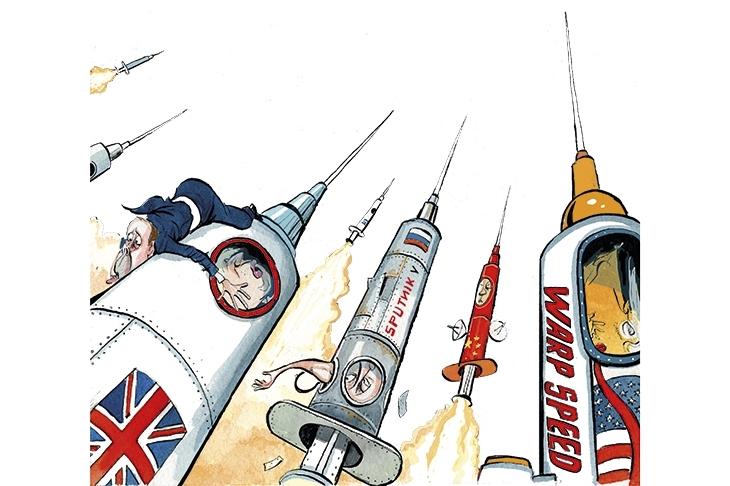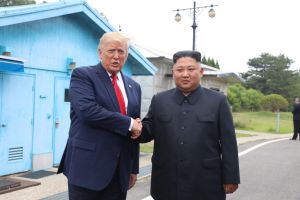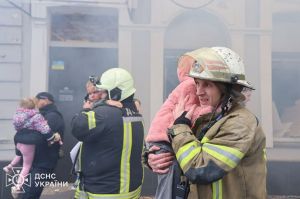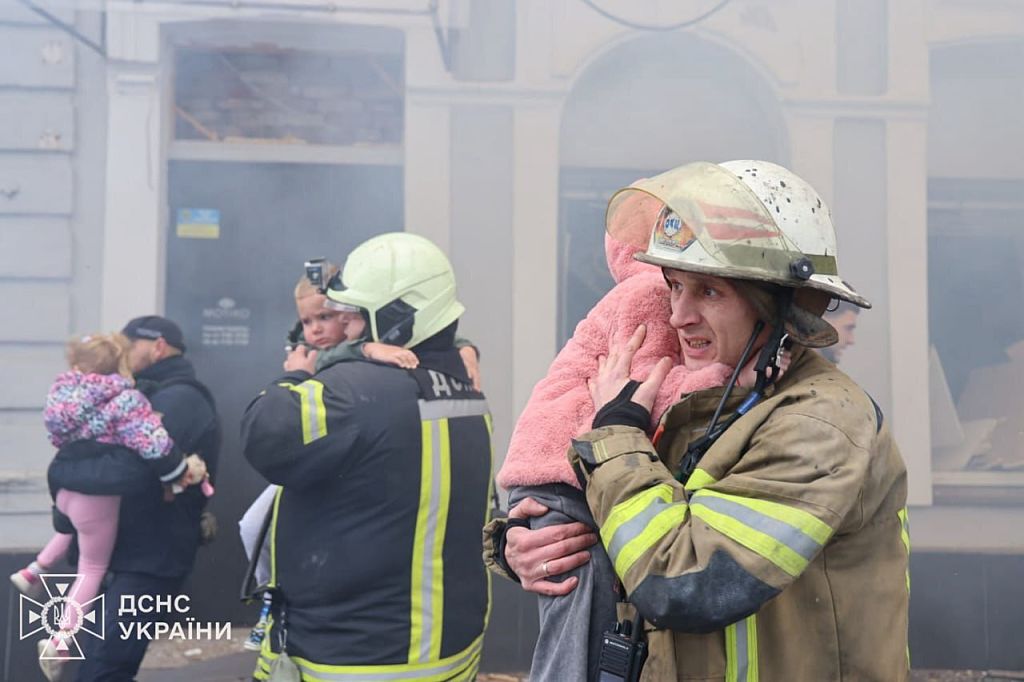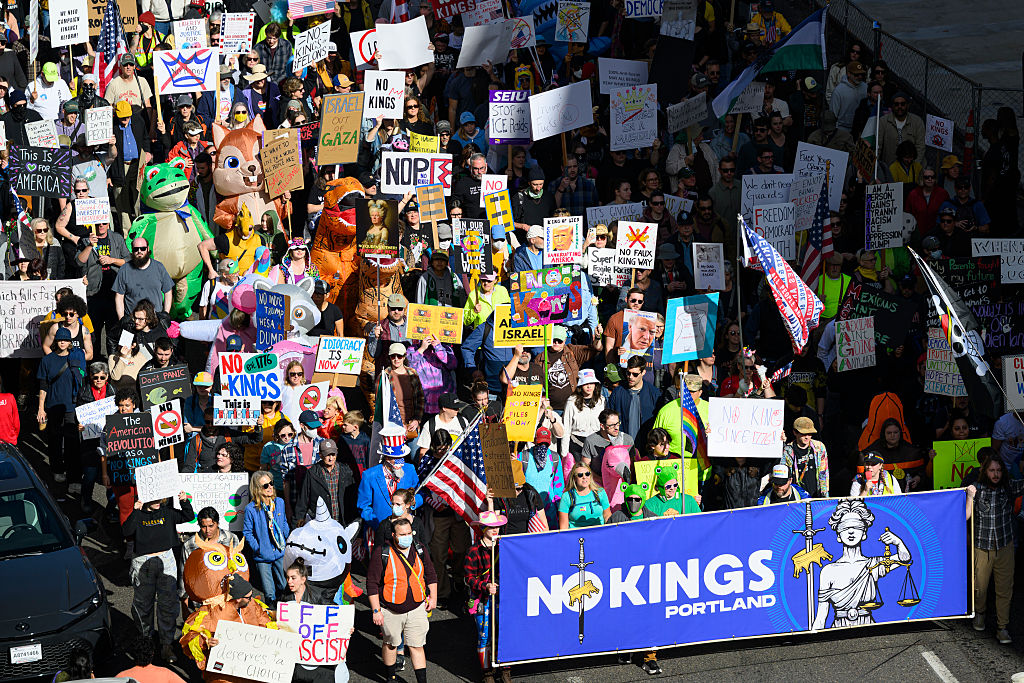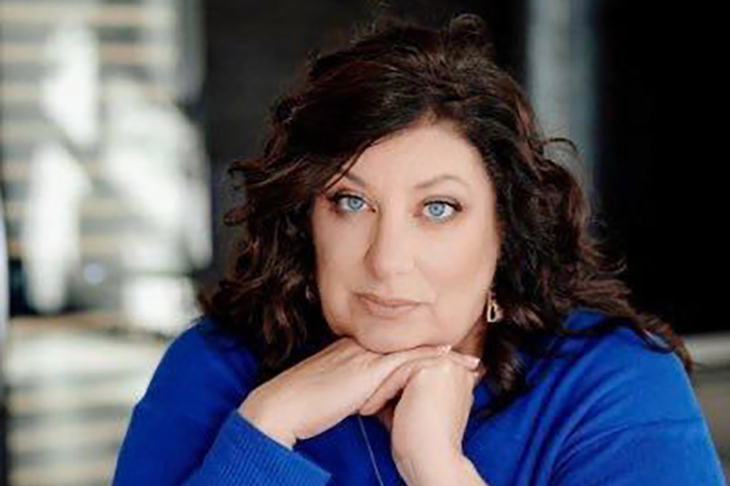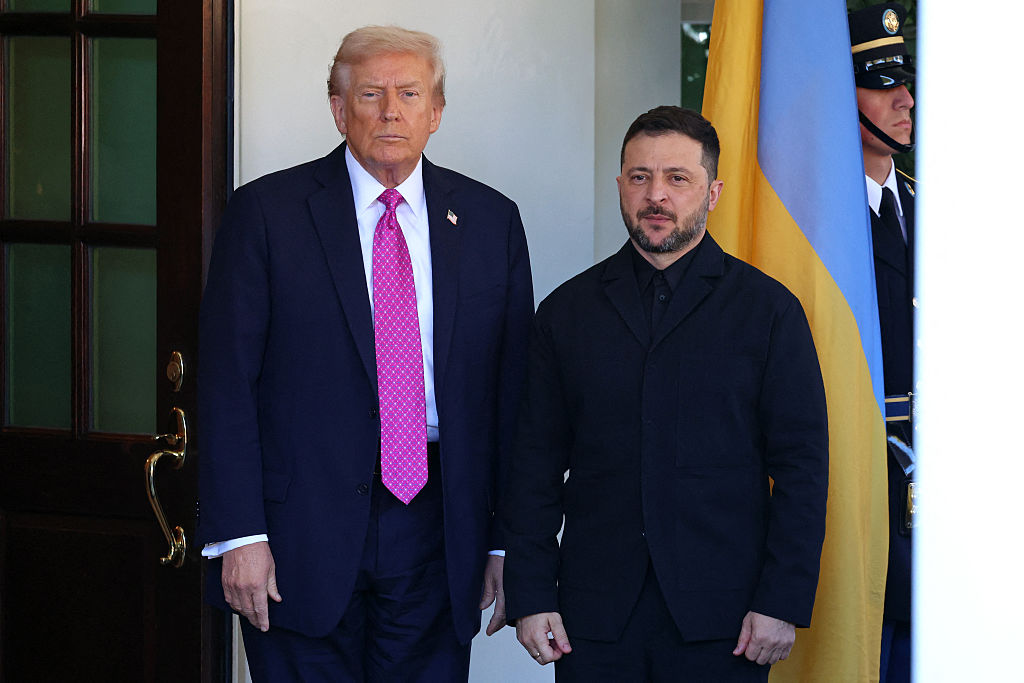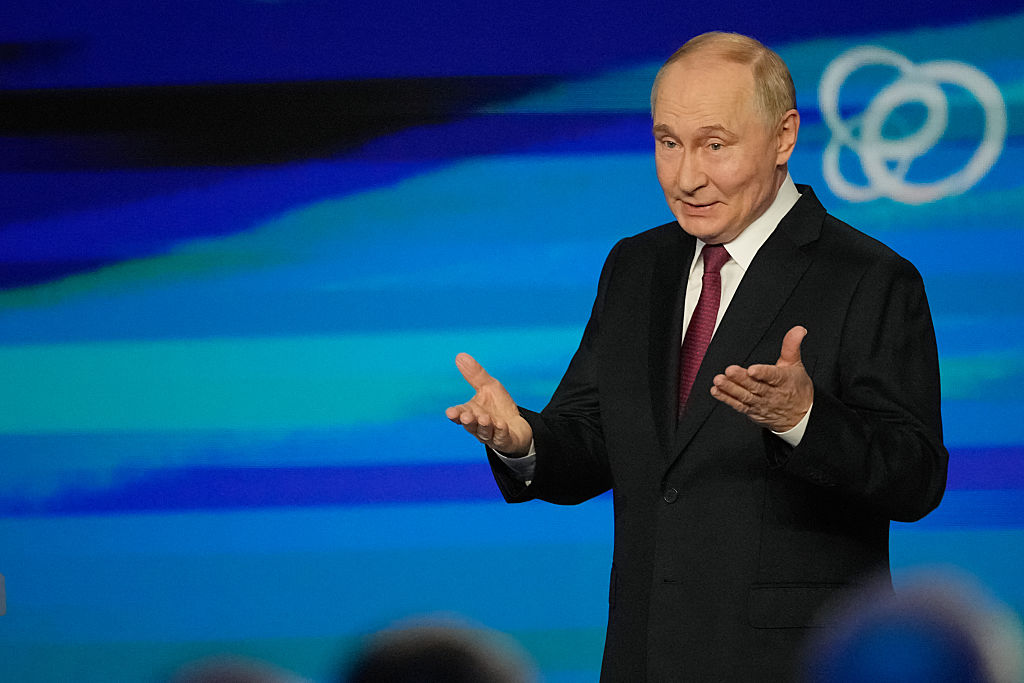Accounts differ. But it would appear that during a wide-ranging conference call earlier this week, the leaders of France and Germany broached the possibility of — wait for it — buying some of Russia’s pandemic pride and joy: its Sputnik V vaccine. If a deal is struck this would be a huge boost to Russia at home and abroad, and by extension to President Putin, who has spent months trying to dispel widespread Western suspicions about the Russian vaccine, from its Soviet-era name to the breakneck speed of its development.
Any deal would also represent quite a turnaround for France and Germany, whose leaders have spearheaded a Continental European reluctance to accept what many regard as ‘foreign’ vaccines in general and the Russian vaccine in particular. This in turn has fueled a pervasive belief in Russia that Western misgivings have been grounded more in politics than in any scientific consideration of Sputnik’s merits. Russian regulators assess its efficacy at more than 91 percent, which would place it among the most effective COVID-19 vaccines that have so far come to market.
Sputnik V attracted particular venom from the British media — not, perhaps, without some official prompting — which suggested that its science was slipshod, that the Russian laboratory had not conducted sufficient trials and even that the Salisbury poisonings had shown the malign purposes to which Russia put its science. When the team at the Gamaleya Center of Russia’s health ministry managed to place an article in the Lancet — validation, finally, as Moscow saw it, from a mainstream international journal — what was seen in Russia as a small victory, was seen elsewhere as a questionable editorial decision.
Skepticism, even hostility, was not limited to the UK, even though Russia has a sound tradition of vaccine research, including at the Gamaleya Center, where Sputnik V was developed. Russia also had a huge amount to lose — both reputationally and financially — if the vaccine failed to live up to expectations. Any potential it envisaged for projecting its ‘soft power’ would have vanished overnight if there were problems with the vaccine. Also rarely mentioned in the UK is that in December the Gamaleya Center signed an agreement with AstraZeneca to cooperate on joint trials and even combining the two vaccines. But that is a digression.
Now, with vaccination seen as the best hope of combating COVID-19; shortages and production hold-ups reported in many parts of the world; and something of a cloud hanging over what in the UK is called the Oxford AstraZeneca vaccine (plain AstraZeneca elsewhere) because of reports of blood clots, President Macron and Chancellor Merkel have seemingly weighed the liability of a political climbdown against the risk of the EU facing yet another COVID wave. Then, it seems, they took a deep breath — and called Vladimir Putin.
The European Medicines Agency started a review of Sputnik V in March, which could lead to the approval of the Russian vaccine for use in the EU. It is already authorized for use in more than 50 countries worldwide, and supplies have already arrived in Hungary and Slovakia in the EU, with Austria currently engaged in talks.
The Kremlin’s report of this week’s Macron-Merkel-Putin discussion suggests that one possibility under consideration is not just shipments from Russia, once the vaccine has been registered, but joint production in EU countries.
It is not clear how much of the Sputnik V vaccine Russia may be able or willing to supply to the EU. There have been reports of production difficulties in some places and Russia is simultaneously trying to negotiate joint production deals in many parts of the world. But there can be little doubt that Putin will pull out all the stops to fast-track any arrangement that might be reached between the Gamalaya Center and the chief Sputnik-skeptics of the EU. With study after study now appearing to confirm the safety and efficacy of Sputnik V — and with another two Russian vaccines in the pipeline — any further moves to spurn Sputnik V look even more nakedly political than they once did.
All of which raises several questions. One concerns public attitudes. Given that people in France and Germany have been canceling their appointments in droves if they found out they had been allocated the AstraZeneca vaccine, it is hard to believe they will be much more enthusiastic about Sputnik V. Then again, with the third wave of the pandemic in full swing and favorable assessments of Sputnik V’s efficacy multiplying, maybe there will be a reluctant acceptance that needs must.
A second question concerns the EU’s relations with Russia. Amid its pandemic travails, Hungary and Romania have already broken EU ranks to buy consignments of Sputnik V. But could a pan-EU agreement to buy the Sputnik vaccine lead to a broader diplomatic rapprochement with Russia of the sort that France, and to a lesser extent Germany, have been eyeing for a while — against fierce opposition from Poland and the Baltic states?
In Berlin last fall, at a time when the Russian opposition politician, Alexei Navalny, was still in a Berlin hospital, I was struck by how Germans — from politicians to the broader public — seemed willing to keep what was seen as a Kremlin assassination attempt on Navalny quite separate from economic relations with Russia, including a determination to see the gas pipeline project Nord Stream 2 completed. Navalny’s plight, and his current incarceration in a Russian prison camp, will probably not be the block to regular, if not improved, EU relations with Russia — contrary to the hopes of his most fervent supporters.
But a third question is for the UK. What might it say about the current state and immediate future of UK-EU relations if the leaders of France and Germany have determined that a Russian vaccine is preferable to ‘ours’. The EU may have approved the AstraZeneca vaccine for all age groups and British scientists insist that any clotting problem is minuscule, compared with the risks from not being vaccinated. But such assurances have not prevented individual authorities from suspending vaccinations with AstraZeneca, or halting them entirely.
As the UK congratulates itself on its vaccination success, can it really be that President Macron and Chancellor Merkel are inclined to place more trust in a Russian vaccine than one developed amid Oxford’s dreaming spires? If so, it would seem there is quite a lot more diplomatic, if not scientific, work to be done.
This article was originally published on The Spectator’s UK website.



